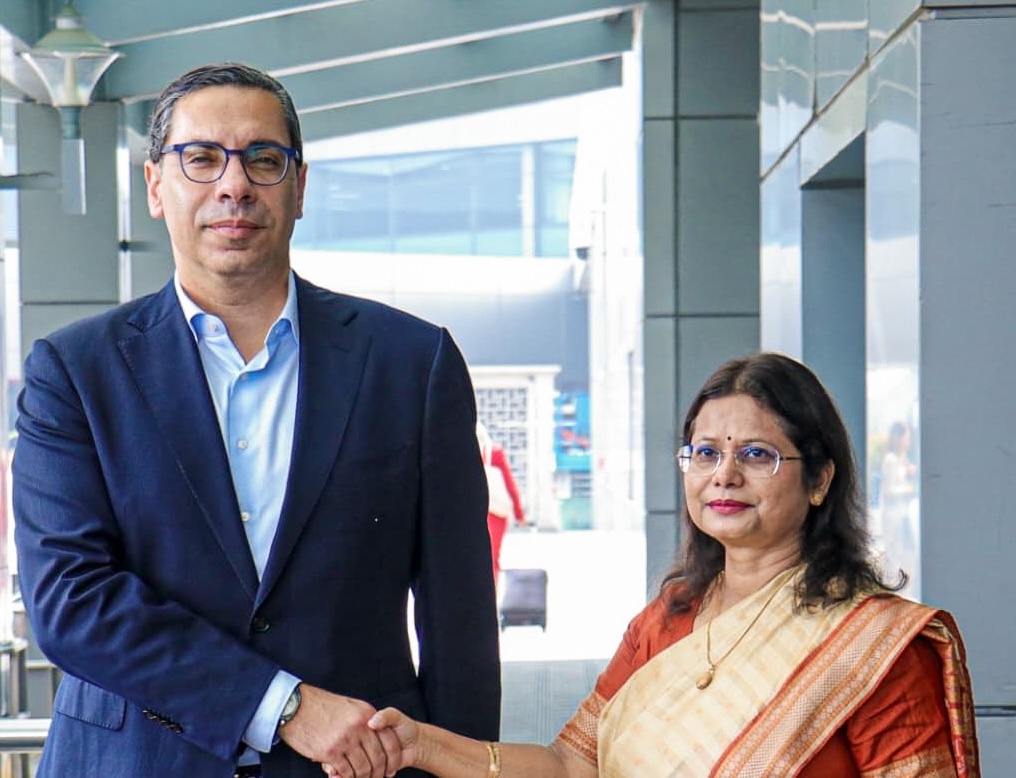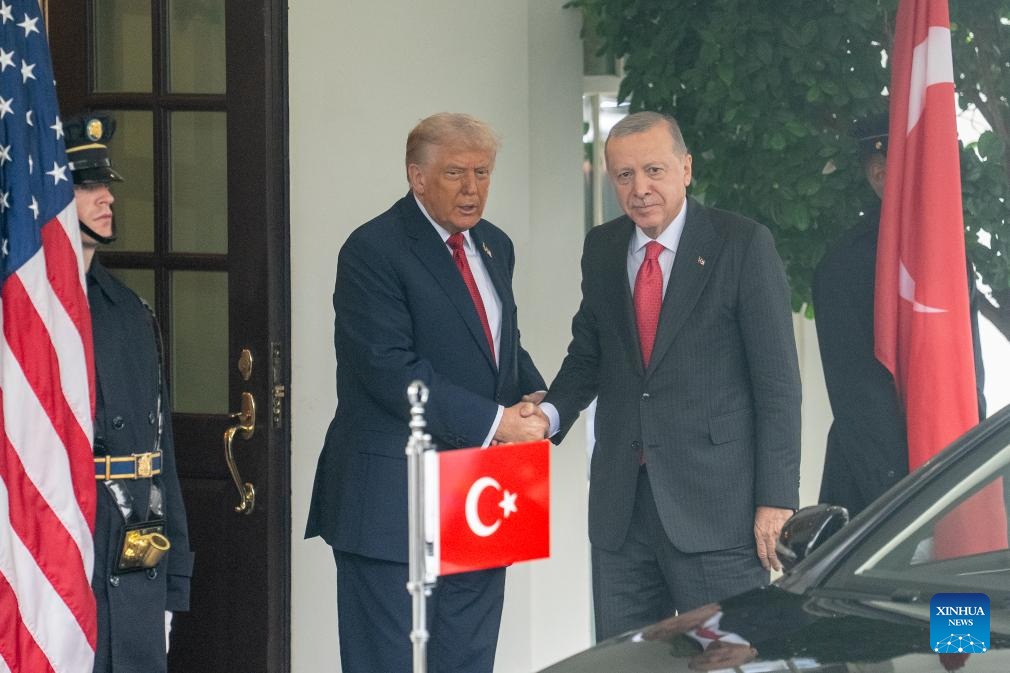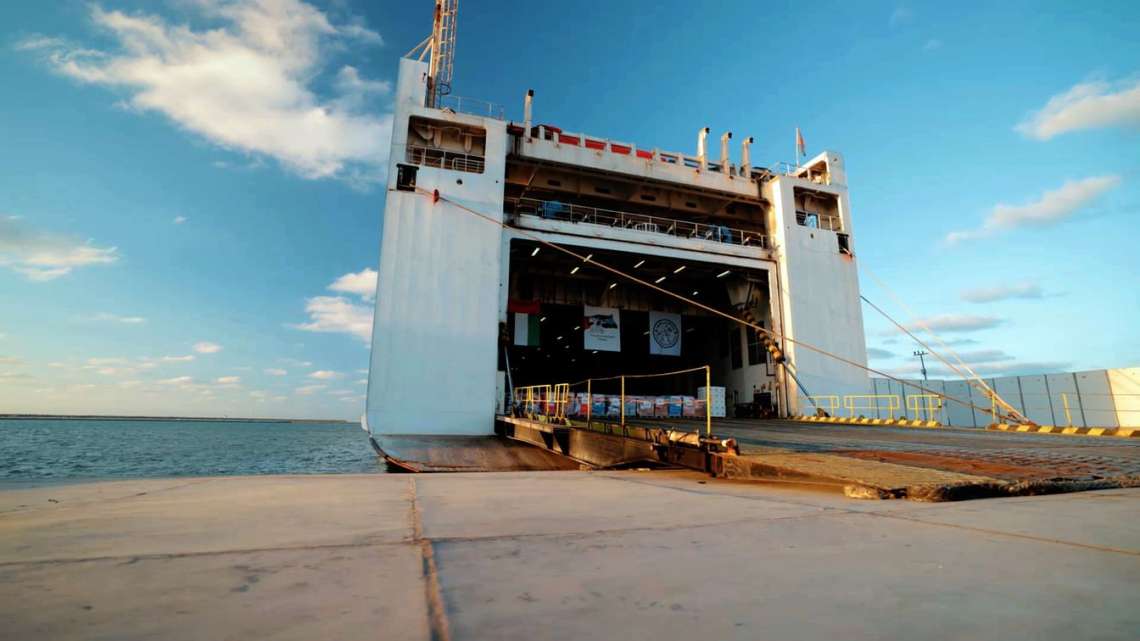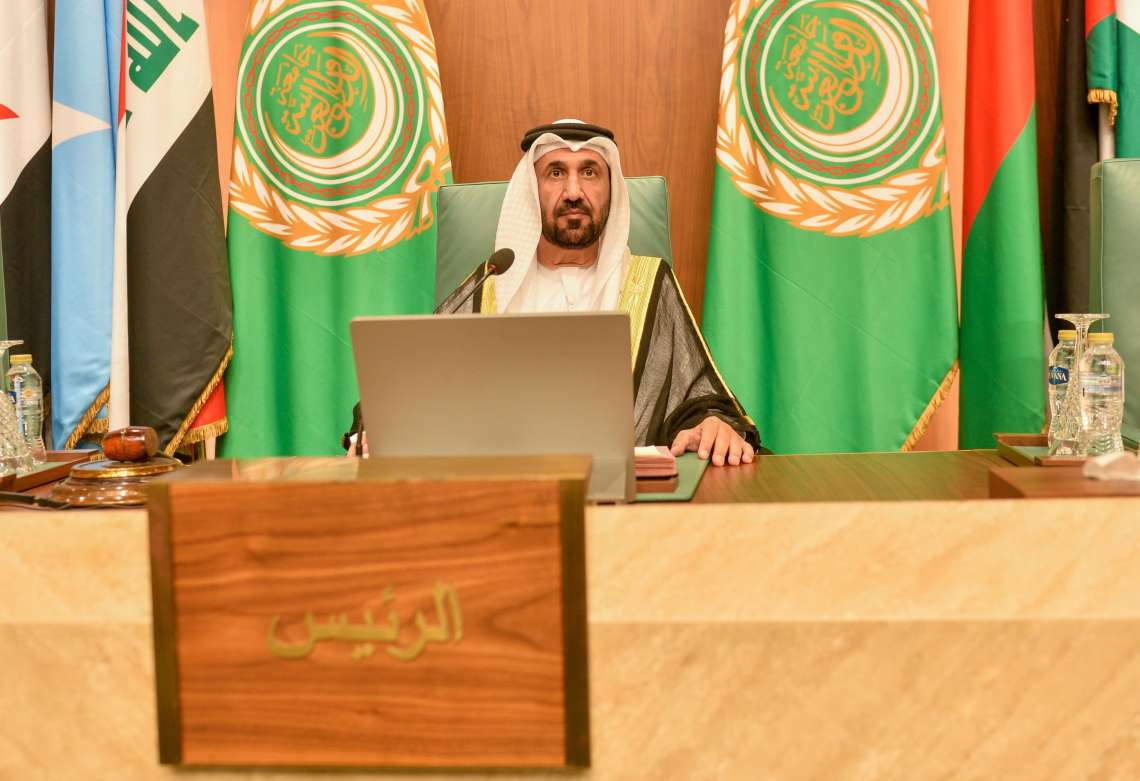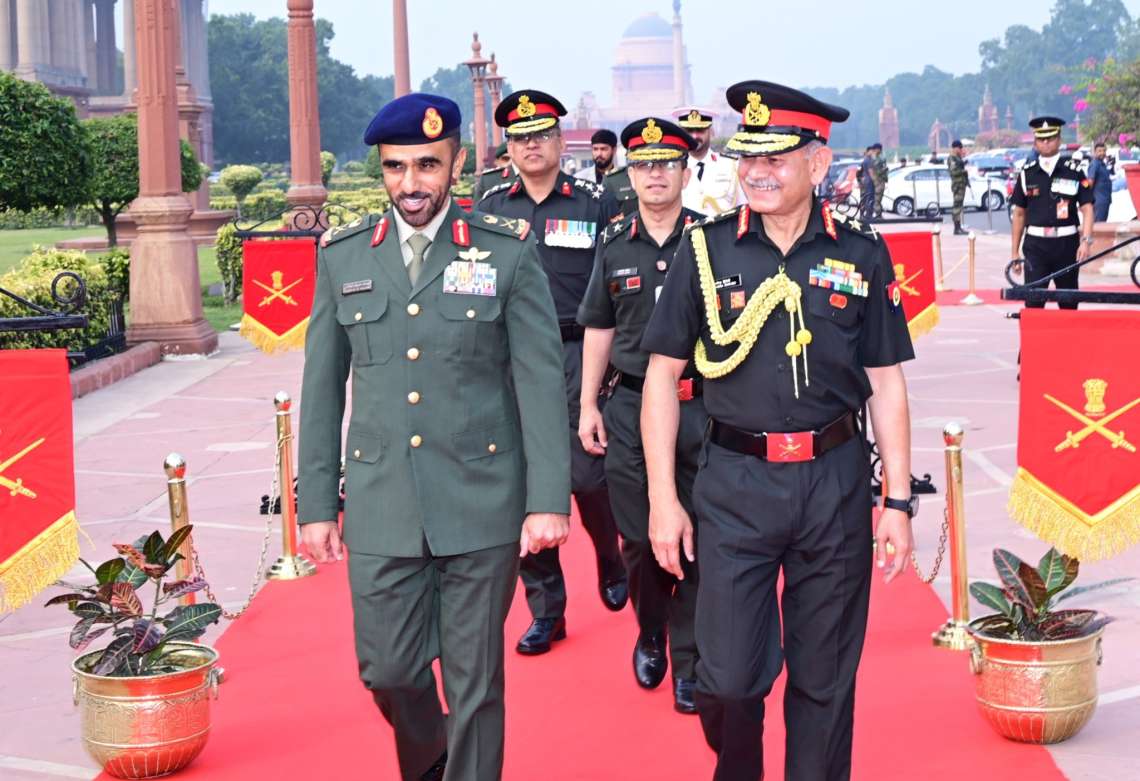Syrian President Bashar Al Assad says respecting sovereignty fundamental for reconciliation with Türkiye…reports Asian Lite News
Syrian President Bashar Assad said that improving Syria-Türkiye relations requires mutual respect for sovereignty and a true commitment to addressing the root causes of their tensions.
Despite high-level meetings mediated by Russia, Iran, and Iraq over the past five years, little progress has been made due to the absence of a clear framework and guiding principles, Assad said when addressing the People’s Assembly, Syria’s legislative authority.
“For any normalisation of relations to occur, Türkiye must reverse the policies that have led to the current situation, including the withdrawal of Turkish forces from Syrian territory and the cessation of support for terrorist groups,” he said.
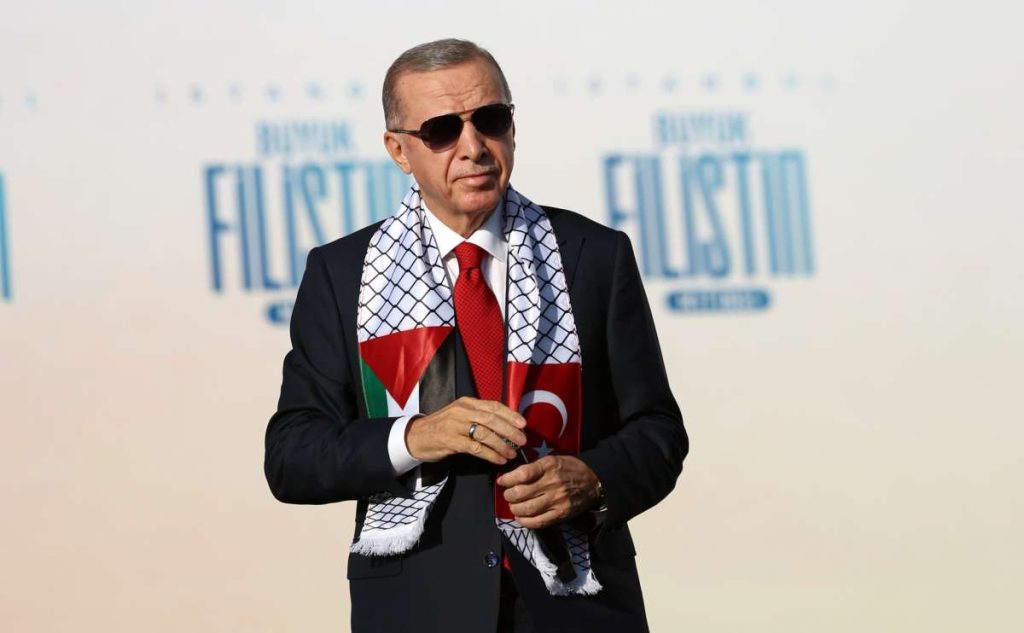
Assad emphasized that these are not mere conditions but fundamental requirements for successful diplomacy. He called for a formal agreement between Syria and Türkiye that outlines the principles for future negotiations and ensures that all steps are aligned with international law and the sovereignty of both countries.
Meanwhile, he said Syria must remain steadfast in defending its sovereignty and pursuing its national interests amid current global tensions.
“Our capacity to influence events within our borders depends not just on military and economic power but on our collective will to resist external pressures,” he said, adding that Syria would continue to seek solutions that protect its territorial integrity and national dignity.
“We will not abandon any of our rights under any circumstances, nor will we ask others to relinquish theirs. This is a principle that guides our approach to all negotiations,” he said.
Formal diplomatic relations between Syria and Türkiye were severed following the onset of the Syrian civil war in 2011, with Türkiye backing opposition groups against the Assad government. While there have been signs of thawing relations in recent years, substantial progress remains elusive
ALSO READ: Blinken, Saudi counterpart discuss Mideast tensions



